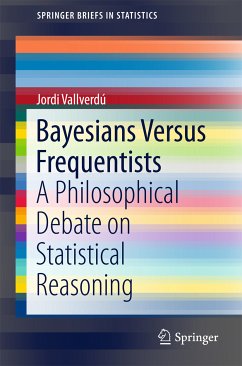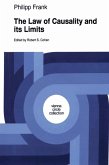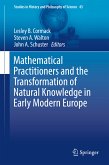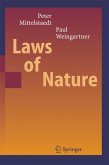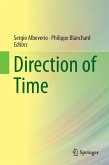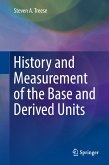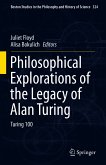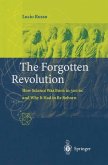This book analyzes the origins of statistical thinking as well as its related philosophical questions, such as causality, determinism or chance. Bayesian and frequentist approaches are subjected to a historical, cognitive and epistemological analysis, making it possible to not only compare the two competing theories, but to also find a potential solution. The work pursues a naturalistic approach, proceeding from the existence of numerosity in natural environments to the existence of contemporary formulas and methodologies to heuristic pragmatism, a concept introduced in the book's final section. This monograph will be of interest to philosophers and historians of science and students in related fields. Despite the mathematical nature of the topic, no statistical background is required, making the book a valuable read for anyone interested in the history of statistics and human cognition.
Dieser Download kann aus rechtlichen Gründen nur mit Rechnungsadresse in A, B, BG, CY, CZ, D, DK, EW, E, FIN, F, GR, HR, H, IRL, I, LT, L, LR, M, NL, PL, P, R, S, SLO, SK ausgeliefert werden.
Hinweis: Dieser Artikel kann nur an eine deutsche Lieferadresse ausgeliefert werden.

